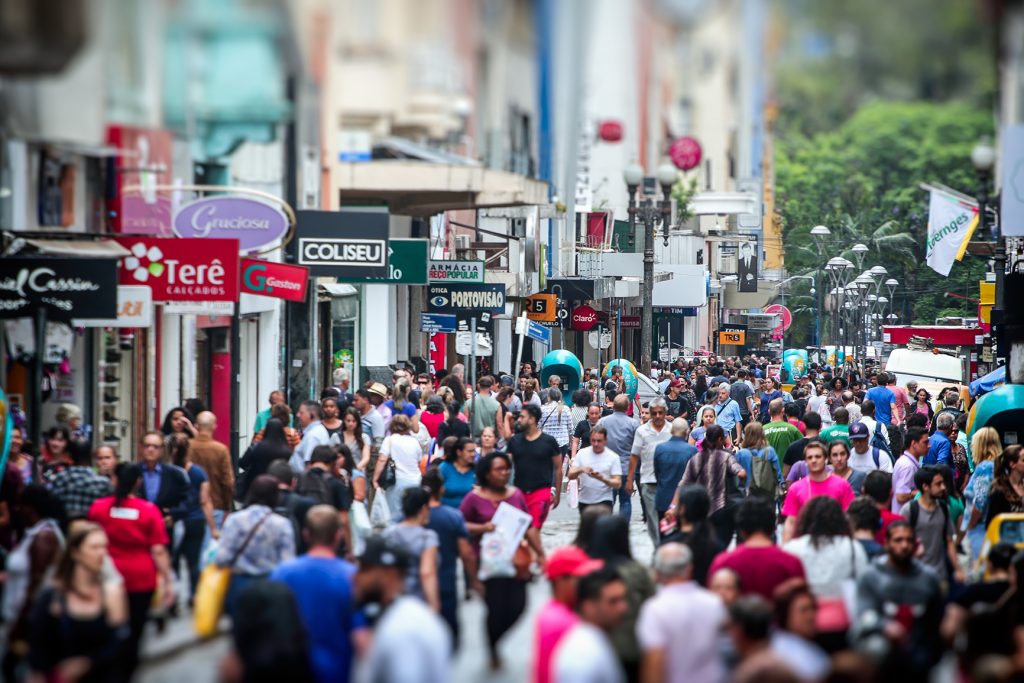São Paulo – A slight economic recovery is underway in Brazil, supported by accommodative fiscal and monetary policies, but the medium-term growth outlook remains uninspiring in the absence of reforms, and public debt is high and rising. So says a concluding statement issued this Friday (25) by the International Monetary Fund (FMI) capping a staff mission to the country.
According to the statement, placing Brazil on a path of strong, balanced and durable growth requires an earnest pursuit of fiscal consolidation, ambitious structural reforms, and a strengthening of the financial sector architecture. “This will require strong leadership and resolve,” the IMF said.
The IMF lauded recent measures like the ceiling cap on federal and the labor reform, which it said will lead to increased confidence. The IMF recommends that in face of below-target inflation, monetary policy should remain accommodative to facilitate recovery while fiscal consolidation picks up steam. “The exchange rate should remain flexible to absorb external shocks,” the statement reads.
The IMF expects the primary deficit to widen from 1.7% of GDP in 2017 to 2.4% in 2018, as per the government’s budget, but growth should pick up from 1% last year to 2% in this one. Consumption and private investment will drive economic growth, according to the IMF.
The report notes that reserves are strong at USD 370 billion, and the current account deficit eased due to a drop in imports but should still widen modestly. “Public debt is predominantly denominated in reais, and external rollover needs for private and public debt are low, at about 8% of GDP per year,” the IMF said. Due to these factors and the flexible exchange rate, the organization believes Brazil is resilient to external shocks.
It said, however, that the crisis had severe social costs, with heightened inequality and poverty. Unemployment is still at 12%, and “the number of discouraged workers is very high.” Most of the unemployed are young people, women and Afro-descendants, and many are seeking informal jobs or self-employment, without adequate social protection.
Translated by Gabriel Pomerancblum




